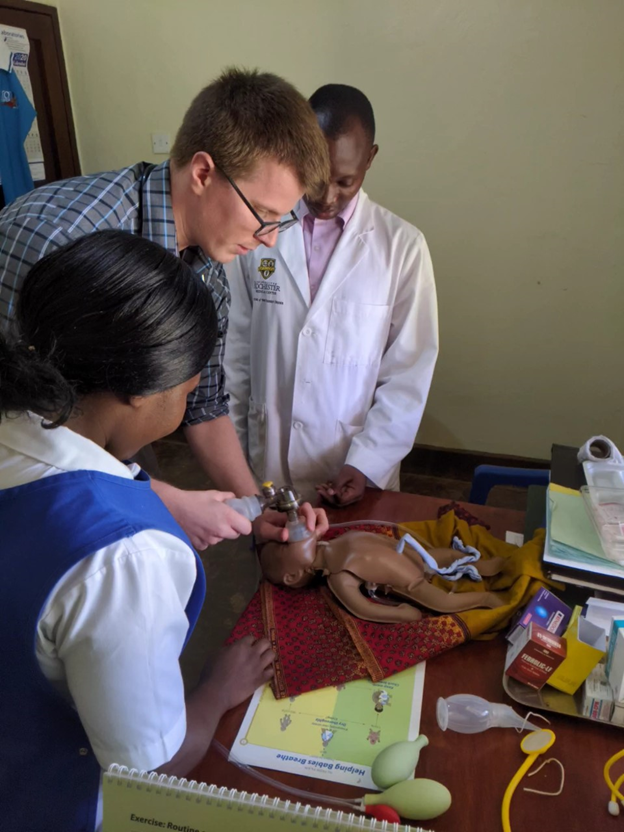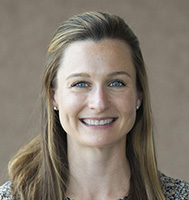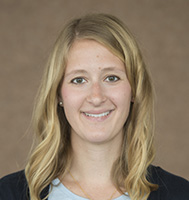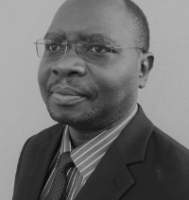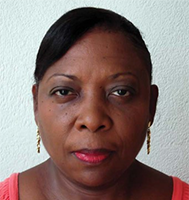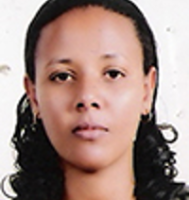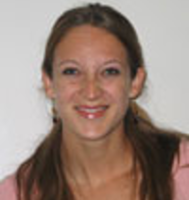Overview & Vision
The University of Wisconsin Pediatric Residency Program’s focus on child global health and advocacy led to the launch of the Global Health Track in 2010-2011. What began as a resident-driven initiative blossomed into a longitudinal curriculum that spans all three years of residency. Its multidisciplinary nature provides residents with opportunities and relationships across the institution, the U.S., and abroad.
The Global Health Track for pediatric residents is designed to foster personal growth while teaching topics and providing tools that will serve them in their careers. Residents have the opportunity to engage in local global experiences in addition to international and domestic rotations in a variety of locations that emphasize ethical and sustainable partnerships.
An overview of training opportunities for Pediatric Residents in the Global Health Track can be viewed in our UW Pediatric Global Training Passport.
Components of the Global Health Track
Fundamentals of Global Health
A critical portion of the track is an annual two-week course, typically occurring in the fall. During this protected time, track residents are provided with a comprehensive overview of key issues in global child health, both locally and abroad. The two-week course involves small and large group discussions, case-based learning, simulations, procedural training, and didactics by global health faculty and visitors. The first week of Fundamentals is multidisciplinary, including the Departments of Obstetrics and Gynecology, Family Medicine, Medicine, and Emergency Medicine, which provides a broad range of perspectives and experiences and connects residents to others in the field of global health. Our second week focuses on collaboration between the Pediatric and Family Medicine residents to discuss topics, participate in simulations, and engage in the community on issues that affect pediatric patients. Course materials (and recorded presentations) are all on UW’s Canvas platform, and a brief summary of the course curriculum is available here.
Local Global Partnerships
During the second week of Fundamentals, pediatric residents participate in local global partnerships that provide opportunities for local advocacy. Recent projects have focused on collaboration with Centro Hispano, a non-profit that provides services to Latino community members in Dane County. Residents have assisted with the curriculum development for training of community health workers (promotoras) who provide perinatal and infant education to new mothers. Track leaders partner closely with advocacy educators and experts to effectively engage track residents in local opportunities.
Strong Mentorship
Residents enrolled in the track are assigned global health mentors who help guide them throughout the course of their residency training and connect them with the resources available across UW–Madison to help them meet their personal goals. Mentors are also helpful in choosing a global health rotation.
Tuesday Night Sessions
Global Health Track residents meet one Tuesday night a month to discuss a global health topic. This is also the forum mid-year and graduation celebrations as well as an annual book club, with the book chosen by track residents.
Participation in a Global Health Elective
Track residents are encouraged, but not required, to participate in a global health elective during their residency training. International opportunities are available through University of Wisconsin partnerships in Uganda (ATLAS International) and other regions (dependent on current faculty involvement). Local global opportunities are available through the Center for Special Children in LaFarge, Wisconsin, (offering a unique experience working with Plain communities) and Indian Health Services. Residents may participate in electives in other locations as well.
The Big Picture
Our residency offers the opportunity to connect with a large, active, and internationally renowned graduate and undergraduate campus network. The University of Wisconsin-Madison Global Health Institute spans the campus and brings together faculty and students from across all disciplines to address health care, food security and sustainable agriculture, water and sanitation, environmental sustainability, and “one health” perspectives that integrate the health of humans, animals, and the environment. Through these networks, residents can work with and learn from professionals from an array of disciplines across campus.
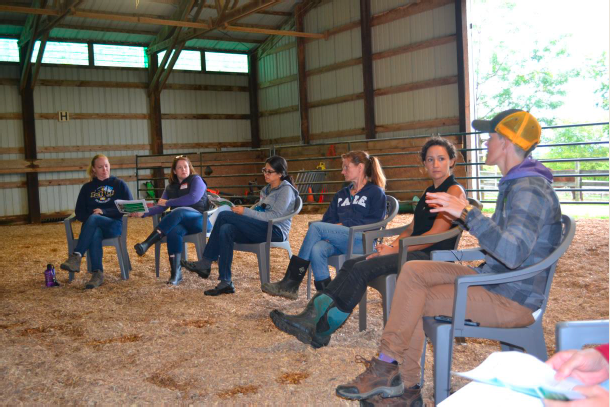
Hear From Our Residents
View a current roster of our Global Health Track residents and review the bios of this diverse and remarkable group. To see all of the prior UW Pediatric Global Health Track graduates (and briefly review some of their scholarly and global health elective experiences during residency), click here.
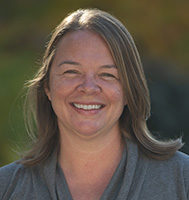
Sabrina Butteris, MD Dr. Butteris is the division chief for the Division of Global Pediatrics and the vice chair of clinical affairs for the Department of Pediatrics. Her work within global health has focused on curriculum development and education in the U.S. and abroad. She co-founded and has served as the co-leader for the Global Health Learning Community of the Association of Pediatric Program Directors. She is the current chair of the Global Health Task Force of the American Board of Pediatrics and is on the Education Committee for the American Academy of Pediatrics Section on International Child Health. She is the co-creator of Simulation Use for Global Away Rotations (SUGAR), a simulation-based curriculum to prepare those engaging in global health experiences. As a faculty member, she has worked primarily in Tanzania and Ethiopia. |
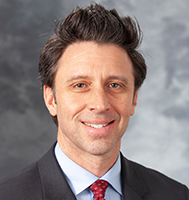
Anthony (Tony) Garcia-Prats, MD, MSc, PhD Dr. Garcia-Prats is a general pediatrician with expertise in global child health developed over 13 years of working full time in Africa before joining the Department of Pediatrics in 2019. As the associate director of the Pediatric Global Health Track, he assists in the activity planning, attends resident conferences, and helps plan for third-year electives by coordinating with overseas partners. Dr. Garcia-Prats is committed to doing high-quality, high-impact clinical and |
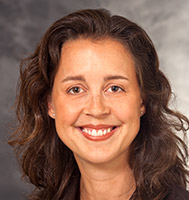 Nicole St Clair, MD, MS Nicole St Clair, MD, MS
Dr. St Clair joined the Department of Pediatrics hospital medicine and global health education teams in 2017, and assumed the role of director of the Global Child Health Training Program in 2018. Her primary global health areas of interest are to equip U.S.-based medical trainees to provide clinical care in areas with resource limitations, develop sustainable global academic partnerships, and utilize educational and clinical services to address health disparities. Prior to moving to Madison, she founded and directed the Global Health Track at the Medical College of Wisconsin. She has served in leadership roles with the American Academy of Pediatrics Section on Global Health, the American Board of Pediatrics Global Health Task Force, the Association of Pediatric Program Directors Global Health Learning Community, and the Midwest Consortium of Global Child Health Educators to develop and promote best practices in global health education. She is the principal investigator for a multi-institutional research collaboration, Project PRIME (Psychosocial Response to International Medical Electives), a longitudinal survey-based study to measure the process of psychosocial adaptation to short-term electives for medical trainees in an effort to improve pre-departure preparation and on-site support. |
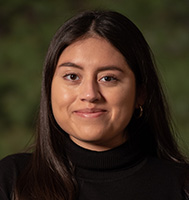 Kenia Servin Kenia Servin
Kenia Servin is the coordinator for the Pediatric Global Health Track. She supports the Global Pediatrics team as a medical program assistant and coordinates the logistics for the global health track. Kenia supports the Division of Infectious Diseases as well. She hopes to help emphasize the importance of equitable health care for all around the world while advancing the diversity in medicine. In her free time, she enjoys hiking, going on nature walks, and volunteering with the Latino Health Council. |

Ann Behrmann, MD Dr. Behrmann is a general pediatrician at Group Health Cooperative. She has decades of experience in the field of global health and serves on the Executive Committee of the American Academy of Pediatrics Section on International Child Health. She has been actively involved in the University of Wisconsin Global Health Institute and served in an advisory role for the Center for Global Health’s Steering Committee. |
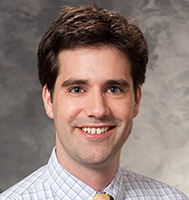
Ryan Coller, MD, MPH Dr. Coller is a pediatric hospitalist, with global health experience in South America, Asia and Africa on USAID-funded projects looking at community health and HIV prevention among youth at the population level. He has interests in program monitoring and evaluation, international medical education, quality improvement and inpatient-outpatient-community transitions both globally and domestically. |
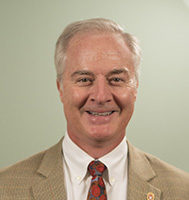
James Conway, MD Dr. Conway is a pediatric infectious disease specialist. His primary work within global health centers on vaccine-preventable diseases and community-based public health programs aimed at improving vaccine delivery. His region of concentration in his vaccine work has been East Africa. Dr. Conway is the Associate Director for Health Sciences for the University of Wisconsin Global Health Institute. |
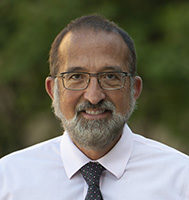
Greg DeMuri, MD Dr. Demuri is a pediatric infectious disease specialist and general pediatrician. He practices general pediatrics at Access Community Health Clinic, a clinic that serves an under-served population in Madison. He has combined his expertise in infectious disease and general pediatrics globally in both Kazakstan and Cuba. |
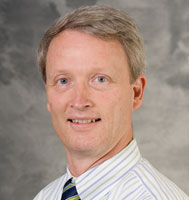
Scott Hagen, MD Dr. Hagen is a pediatric intensivist. He has worked with cardiac critical care teams and in pediatric intensive care settings providing education and patient care in Uganda, Ethiopia, Nicaragua and Peru. |
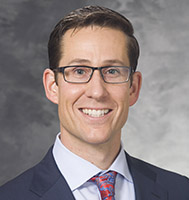
Ryan McAdams, MD Dr. McAdams is a neonatologist who loves caring for newborn babies. He believes every child everywhere is valuable and deserves the best opportunities to thrive. Dr. McAdams is currently the Division Chief and Fellowship Director of Neonatology and at the University of Wisconsin School of Medicine and Public Health. He has worked in Mongolia, Cambodia, Zambia, and Uganda doing volunteer medical work and promoting educational development. He is interested in developing global collaborative relationships focused on education to improve newborn outcomes. |
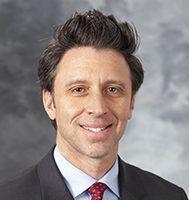
Anthony Garcia-Prats, M.D., M.Sc., Ph.D Dr. Garcia-Prats is a general pediatrician who worked full time for 13 years in Lesotho, Tanzania and South Africa (2006-2019). His interests are pediatric HIV, the management of multidrug-resistant (MDR) tuberculosis (TB) in children and the pharmacokinetics and safety of anti-tuberculosis drugs in children. He is leading multiple observational studies and phase I and II trials of TB drugs and improved treatment and prevention strategies for TB and MDR-TB in children. |
|
|
|
|
|
|
|
|
|
Past Participants
Faculty Expertise, Research, and Resources
Below is a sampling of academic work by Pediatric Global Health Track faculty leaders on the role of global health in pediatric residency education. Residents have the opportunity to participate in scholarly projects with a global health focus through the track. Recent research and relevant publications can be found on the Division of Global Pediatrics webpage.
Curricula
Global Health in Pediatric Education: An Implementation Guide for Program Directors is a publication of the American Board of Pediatrics Global Health Task Force (2018). It is a comprehensive, practical resource for incorporating global health education into pediatric training programs. Dr. St Clair led the development of the guide in collaboration with Dr. Butteris and many colleagues across the international global health educator community.
 SUGAR (Simulation Use for Global Away Rotations) is a suite of free educational products used to prepare medical providers to work in resource-limited settings. It was co-created by Dr. Butteris and colleague Dr. Mike Pitt from the University of Minnesota and piloted by the Midwest Consortium of Global Child Health Educators. Facilitators have been trained at over 100 institutions across the world. SUGARPREP consists of the SUGAR Trio, a comprehensive set of curricular resources for use by global health educators. The Trio is comprised of:
SUGAR (Simulation Use for Global Away Rotations) is a suite of free educational products used to prepare medical providers to work in resource-limited settings. It was co-created by Dr. Butteris and colleague Dr. Mike Pitt from the University of Minnesota and piloted by the Midwest Consortium of Global Child Health Educators. Facilitators have been trained at over 100 institutions across the world. SUGARPREP consists of the SUGAR Trio, a comprehensive set of curricular resources for use by global health educators. The Trio is comprised of:
- SUGAR (Simulation Use for Global Away Rotations) Sim Cases: a simulation-based curriculum that focuses on common challenges, both practical and emotional, faced when working in resource-limited settings.
- PEARLS (Procedural Education for Adaptation to Resource-Limited Settings): a series of downloadable or streaming videos that demonstrate how to modify medical procedures using supplies commonly found in resource-limited settings.
- S-PACK (SUGAR’s Pre-Departure Activities Curricular Kit): a comprehensive pre-departure global health curriculum that is modular and modifiable.
Additional resources developed by the Midwest Consortium of Global Child Health Educators can be found at sugarprep.org.
Global School Health
Developed by a former UW Pediatrics Global Health Track graduate in collaboration with UW Global Pediatrics faculty, the American Academy of Pediatrics (AAP) Section on Global Health, the AAP Council on School Health, and national colleagues, the Global School Health Toolkit is an online, practical resource for pediatric providers from high-income countries with little or no prior school health expertise who are seeking to engage in school-based health initiatives in low- and middle-income countries. Informed by an extensive literature and needs assessment, this comprehensive toolkit is a remarkable resource for anyone engaging with school communities.
Applying for the Global Health Track
Following Match Day, all incoming residents will have the opportunity to apply for the Global Health Track. Selected residents will begin participating in the track during their intern year.
For questions about the Global Health Track, please email the Global Health Chief at chiefresidents@pediatrics.wisc.edu.
